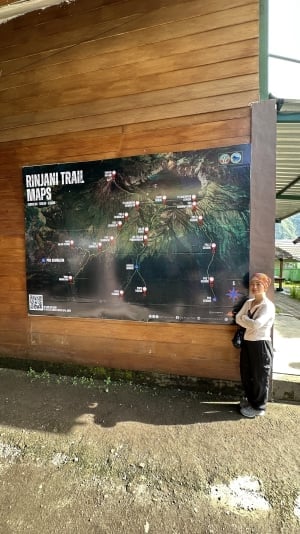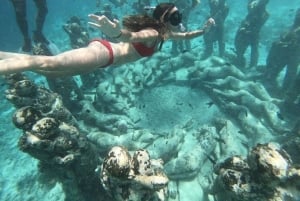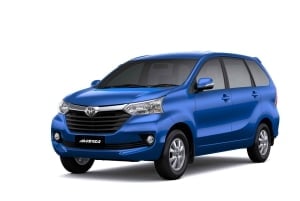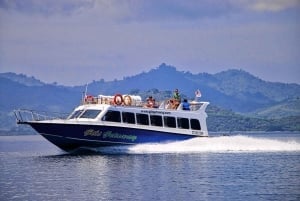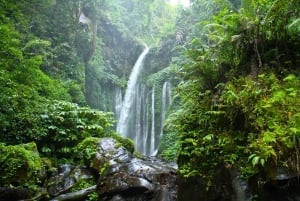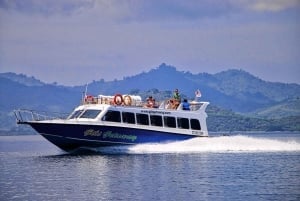Currency and Exchange
The currency used in Lombok and throughout the country is the Indonesian Rupiah (written as RP or IDR) and although credit and debit cards are widely used in the main tourist areas, this is a society where cash is king. With an exchange rate of around rp10,000 to the US dollar, it takes a little getting used to the high numbers involved – it takes only the equivalent of around US$100 to become a rupiah millionaire!
Banknotes come in 1,000, 2,000, 5,000, 10,000, 20,000, 50,000 and 100,000 denominations. You’ll find ATMs in major towns and tourist areas such as Mataram, Senggigi, Kuta and the Gili Islands but definitely stock up on cash for any trips into the centre of the island or along the east coast, where you may suddenly find yourself an hour’s drive from the nearest machine. Currency exchange facilities are widely available in tourist centres, the city and at most major hotels however you will often get the best deal at banks in the city. When exchanging currency or paying by cash most vendors will only accept banknotes in tip-top condition.
Throughout Indonesia and especially in Lombok, travellers cheques are slowly becoming a thing of the past, with few places able to accept them other than a handful of moneychangers, large hotels and city banks. Credit and debit cards (Visa and Mastercard) are widely accepted for goods and services although most places impose a small minimum spend amount and charge a fee of around 1% - 3%. Before departing for your Lombok holiday, make sure to inform your bank or credit card company that you will be making card transactions overseas and to make a note of the 24-hour emergency help number in case of a lost or stolen card. Credit card fraud and ‘skimming’ is not a major problem in Lombok but you should still take the necessary precautions to keep your PIN number and credit card details secret.
Most good and services are subject to some form of valued added/sales tax. This is known as ‘Pertambahan Pajak Nilai’ which will be itemised as PPN on a receipt. Both luxury imported goods and alcohol are taxed at a very high rate meaning you are likely to be paying similar to western prices. In large hotels and expensive restaurants there may be up to 21% added to the bill which includes tax and service charge. Where this is not the case, tipping is discretionary and as a general rule, an extra 10% is considered adequate.


